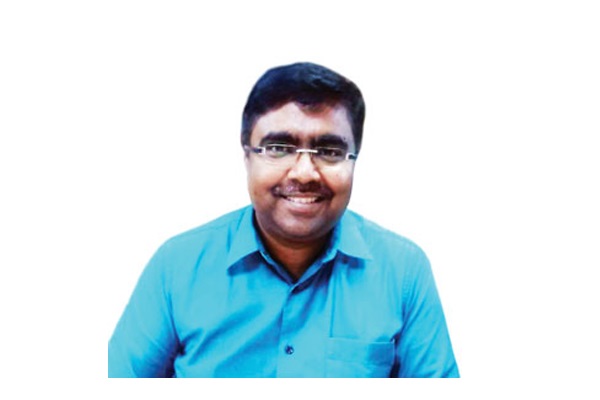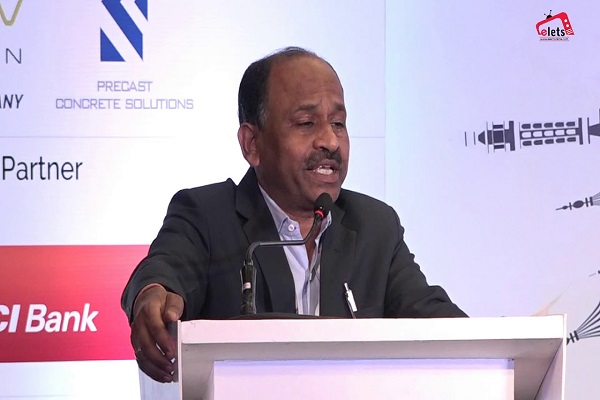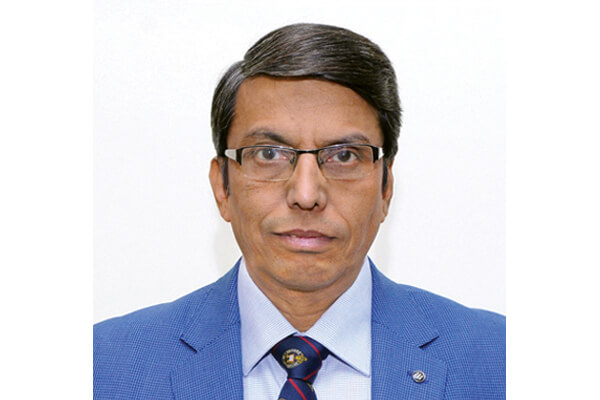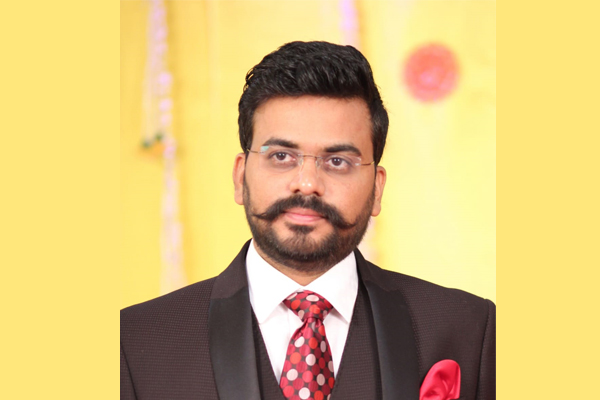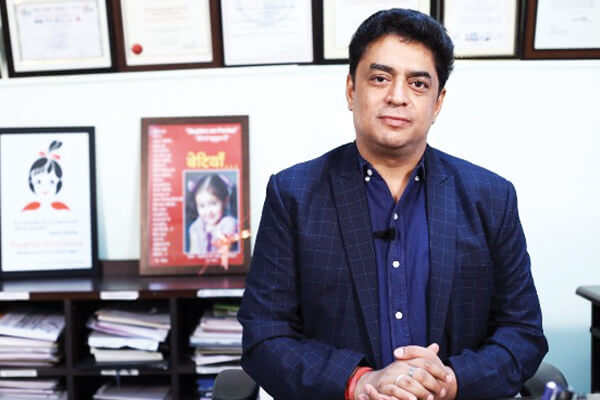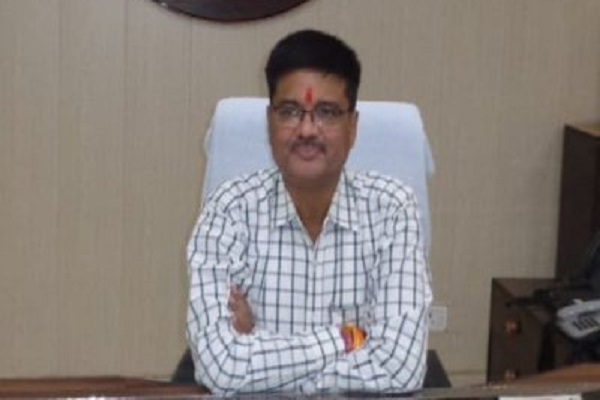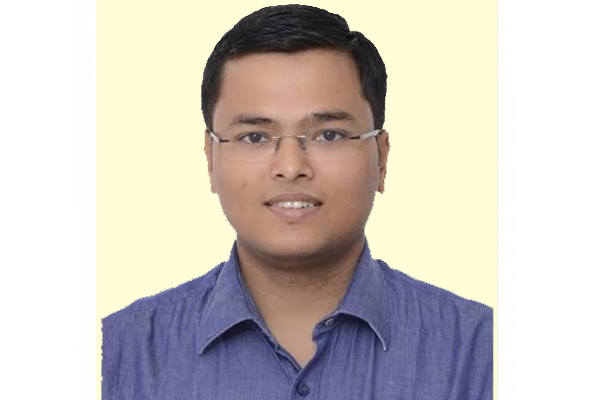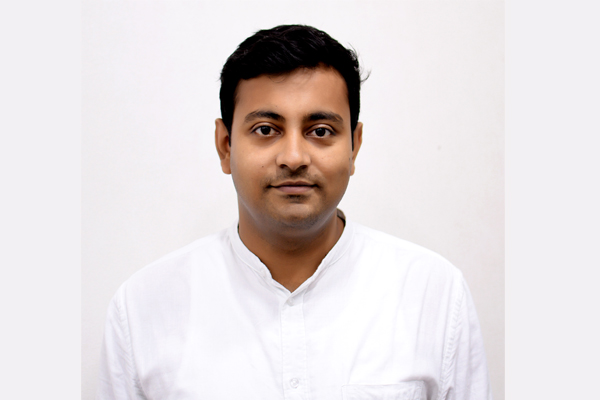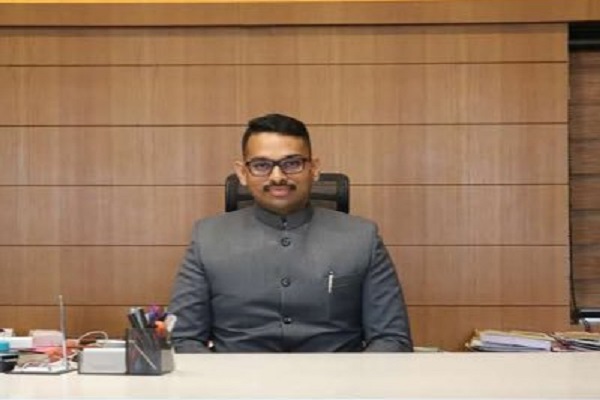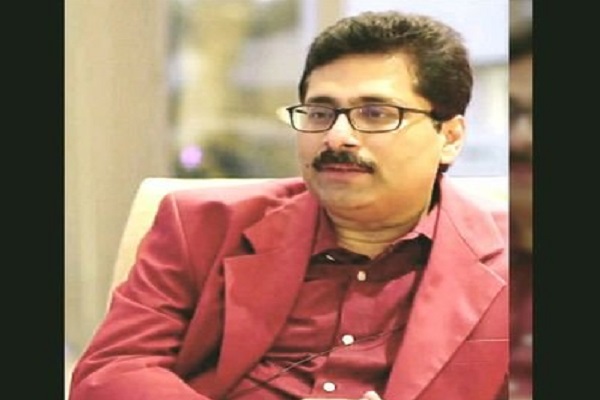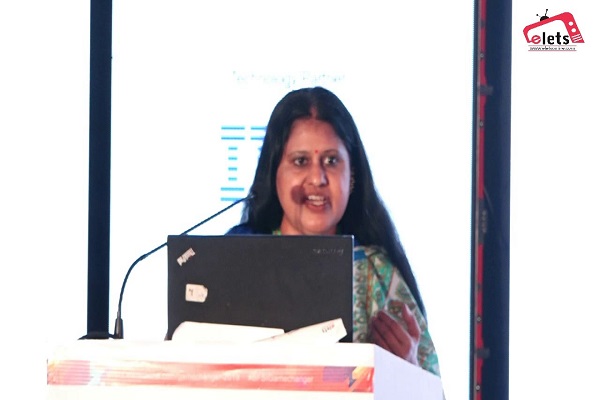
As the governments worldwide are struggling to contain the spread of COVID-19, governance has become more challenging as ever before. Although technology has been a supporting hand for the decision-makers to manage the crisis, the challenges still persist. Governments not only need to strengthen the healthcare infra considering the growing pressure due to the pandemic, but they also need to look at fulfilling people’s needs, arrangements for migrant labourers who lost their jobs, regular sanitization, and much more. Considering the Indian scenario, another major challenge is pumping economy and for that, the Centre gave a few relaxations to open non-essential shops as well. However, due to crowding, a few of them have been shut again, this also poses a challenge. Addressing the topic of “Governance in times of Corona” Dr Kalpana Gopalan, IAS, Additional Chief Secretary, Youth Empowerment and Sports, Government of Karnataka presented her views in a webinar organised by Elets Technomedia and hosted by Dr Ravi Gupta, Founder and CEO, Elets Technomedia.
About Youth Empowerment and Sports Department and NSS
She began with a briefing on working of the Youth Empowerment and Sports department saying, “We have three wings, the youth empowerment, sports and the National Social Service (NSS) wing. Youth affairs work through a kind of informal association of youth clubs throughout the states. So, we have about 3,400 youth clubs.” Dr Gopalan is also the head of the NSS and they have as many as 5 lakh students spread over 34 universities and 4 directorates.

The Corona Times
Dr Gopalan taking up the discussions on the Corona effect said, “We had hints that the Government will be heading to complete lockdown. We took proactive steps and started sending back the students we had in our hostels. And by the time the lockdown was announced on March 24, there were only 150 students left the hostels.” Most of our decisions were related to the education department’s decisions regarding examinations, so when exams were postponed in Karnataka, the students were sent back to their homes with a proper escort to ensure their safety, she added.

Adding on to the situation in times of crisis, Dr Gopalan said, “We were also mobilizing the NSS. We have to educate and train the NSS students as they are involved in awareness creation, food distribution, sanitizers and mask distribution.” The training sessions began from March 25 with the National Health Mission (NHM), she added.
Going Digital
Dr Gopalan, elaborating on the training sessions said, “Initially we did live training sessions face to face, later on, the training sessions were shifted to online platforms.” She further said that till date they have trained more than 40,000 NSS volunteers and officers. The training sessions they conducted were done using the resources of Rajiv Gandhi University of Health Sciences and also with NIMHANS which is located in Bengaluru.
Dr Gopalan told about the latest training that was conducted for non-medical volunteers. “We have also organized a special program called “Namma Mannay Nanna Surakshe”, which stands for my home, my safety. In this, we gathered about thirty sports persons and creative personalities online. We started the awareness exercise, but what it became was a sharing of collective experience and we had about 40,000 -50,000 views”, she added.
Talking about going digital, Dr Gopalan said, “We have everything online like affiliation of our sports club, reservation of stadiums, reservation of the auditorium, education fee reimbursement, sports scholarships, everything is already online.” All the tenders that area floated are also done through our online platform e-procurement portal. Hence, it is completely e-tendering, she mentioned.
Moreover, “We also have a database of all sports students who are participating in national level competitions, Olympics, and mini Olympics. All the details including their bank accounts, their blood group, their complete details, and their performance levels are in the digital database.”
Health, safety and the exit
Taking her words towards the health and safety aspect, Dr Gopalan said, “We put the health and safety of our citizens paramount. Our containment primarily worked for the migrated worker. We have set up public health shelters where food is also provided.” She further said, “Within the resources available, we are trying to ensure the safety of our citizens, the migrant workers, the volunteers to the maximum extent we can.” In this battle, I think all of us have a role to play and each of us has a personal social responsibility, Dr Gopalan added.
Talking on the exit strategy, she said, “In the lockdown, we are using the ease and adaptability process so that the exit should be much more calibrated. It is not going to be ‘switch on and switch off’. It is a gradual and step by step strategy.”
Concluding her address she said, “If we see the current situation, the supply chain is broken, the production chain is broken, the labourers are not there where they were, perhaps we are doing the best in crisis.”
Be a part of Elets Collaborative Initiatives. Join Us for Upcoming Events and explore business opportunities. Like us on Facebook , connect with us on LinkedIn and follow us on Twitter, Instagram.


